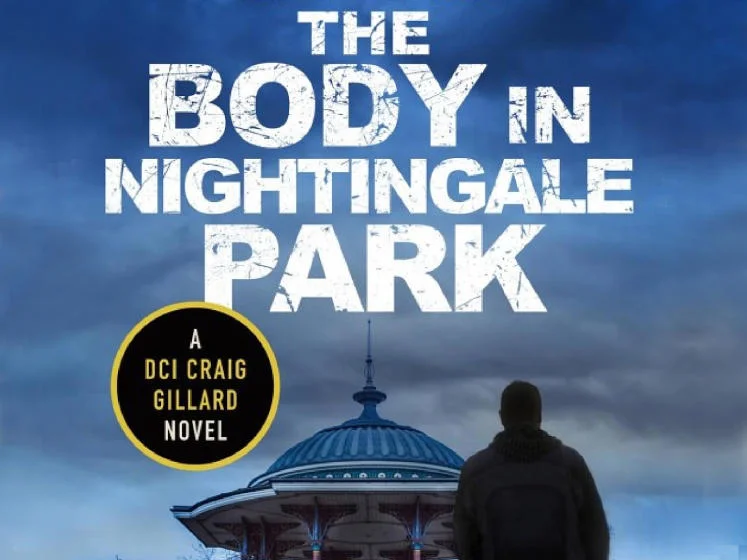From journalism to writing crime

For National Novel Writing Month(NaNoWriMo) this November, we are celebrating the stories of alumni who have become published novelists. After graduating from LSE, Nick Louth (BSc Economics 1979) dedicated himself to a career in journalism, working for Reuters for 12 years. When his career took him to a tropical diseases conference, Nick was suddenly inspired to pick up his pen and write his first novel.
Taking the plunge
Like many journalists, I had always been drawn to the world of fiction, but there was a specific moment of inspiration. When working for Reuters in Amsterdam in 1991, I covered a conference on tropical diseases. At that time, two million people a year were dying of malaria, but the pharmaceutical industry wasn’t interested in providing a cure for a disease where the victims were so poor. I was incensed by the injustice of it, and from that kernel came the pandemic thriller Bite, which eventually became a global bestseller – despite the fact it was self-published.
Those were the pre-internet days when research was done in person or by phone. I travelled to meet some of the world’s leading malaria and mosquito experts, persuaded the Dutch police to lock me in a cell to feel what it was like, and visited the Dutch Health Ministry’s emergency pandemic war room. It was decades before COVID-19, but it now looks surprisingly prescient. Thankfully, various medical foundations eventually came to the rescue for malaria, and now viable and effective vaccines are being developed for this awful disease.
Moving into crime fiction
Following Bite, I moved into crime fiction with my first novel in that genre in 2017. I had thought of a particular twist exploiting vulnerabilities in gathering forensic DNA and then built a plot around it. After years of trying to get an agent and having doors closed in my face, I was lucky enough to be approached by a publisher, Canelo, which was setting up its author lists. It seemed like a miracle! That book became The Body in the Marsh, the first of twelve DCI Gillard crime thrillers.
The biggest challenge for most writers is to find a commercial publisher. Due to the opportunities for self-publication now, millions of aspiring writers can now get their work out. Amid all this clamour, it’s tough to get noticed. You need cast-iron determination, indefatigable self-belief, and a stroke of luck to reach commercial success.

Plans for the future
Next year, I will embark on a new crime series, this time set in Devon, where I hope to benefit from the opportunities a rural setting can provide, with crashing waves, high cliffs and a whiff of romance. This new series will focus on a female detective called Jan Talantire, and the first novel covers a case where the victim appears to be someone believed to have been already murdered in 1973!
While I was writing for a male protagonist in my previous series, switching to the female perspective isn’t as challenging as you might expect. People are people, and there are as many differences within each sex as between them. It is the author's job to bring all that is possible to life through the power of imagination backed up by research. Writing a character, I would never dare to say or imply, "all women are like this" but just "this particular one." You have to convince, and that is vital regardless of who the character is.
Advice for LSE alumni
The LSE is a wonderful place for fostering intellectual creativity. My degree, and later business training in journalism, certainly gave me a leg up in creating a believable background against which to set my stories. Those who feel drawn towards fiction can start by keeping a notebook, jotting down interesting scenes, characters and inspiration. Just this week, I was giving a talk to a group of young writers who were struggling to fit in writing around their work commitments. I told them a little psychological trick: to promise yourself fifteen minutes every day, seven days a week, on your book. Once you are sitting down, fifteen minutes can easily turn into an hour or more. It’s consistency that is essential; you need to be able to look every day at your novel and see that it is growing. Don’t ever let it become a looming task that you dread.
Nick Louth’s new book, The Two Deaths of Ruth Lyle, will be published in May 2024.
Explore Nick's full bibliography
November 2023